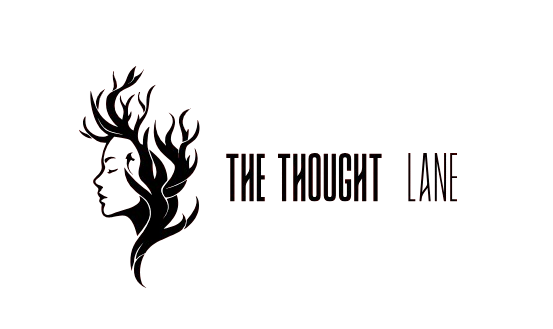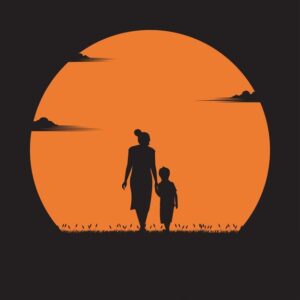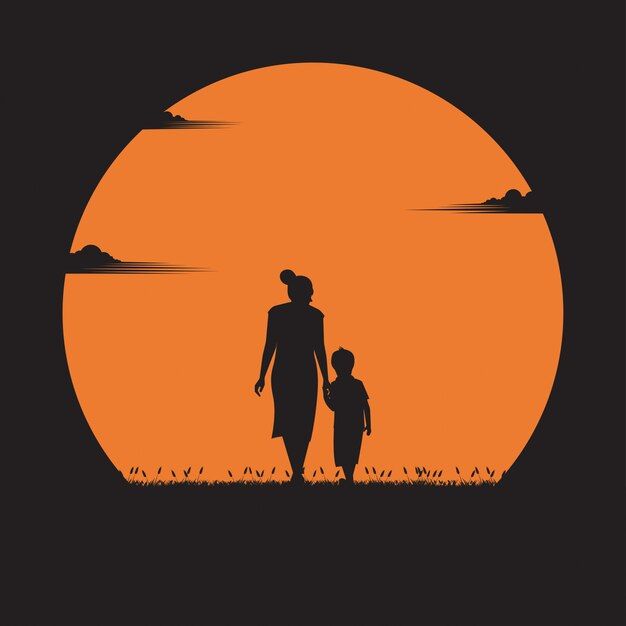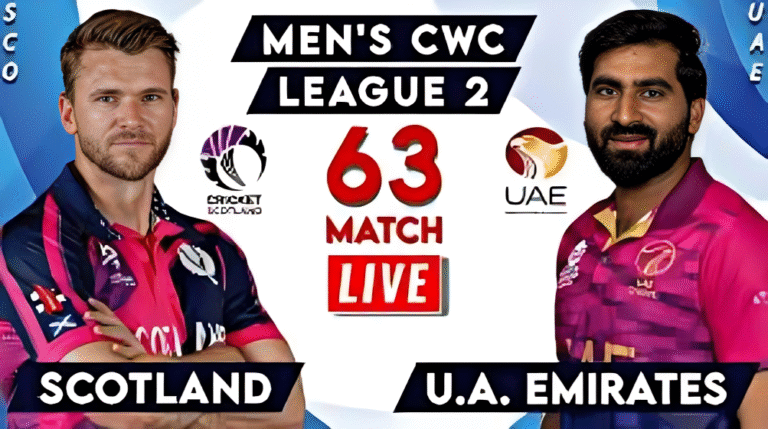Canada’s Elections: A Brief Overview
Canada is a parliamentary democracy, meaning its government is elected by the people and operates under a constitutional monarchy. Elections in Canada are held to choose Members of Parliament (MPs) for the House of Commons, the country’s main legislative body.
Federal elections typically occur every four years, although they can happen sooner if the ruling government loses a confidence vote. Canadians vote in their local electoral districts, known as ridings, and the candidate who wins the most votes in each riding becomes a Member of Parliament. The political party with the most elected MPs usually forms the government, and its leader becomes the Prime Minister.
Canada’s elections are known for being peaceful, fair, and transparent. Elections Canada, an independent agency, manages the entire process. Voter participation varies, but recent years have seen efforts to make voting more accessible, including early voting and mail-in ballots.
Overall, Canada’s elections reflect the country’s strong commitment to democracy, fairness, and citizen engagement.
Canada’s Elections: How a Nation Chooses Its Leaders
In Canada, elections are more than just a political event — they are a celebration of democracy in action. Every few years, millions of Canadians head to the polls to decide who will lead the country, shaping its future with their votes.
At the heart of the system is the House of Commons, where 338 Members of Parliament (MPs) represent communities from coast to coast. Canada uses a “first-past-the-post” system: in each local riding, the candidate with the most votes wins a seat. The party that wins the most seats usually forms the government, and its leader becomes the Prime Minister.

Federal elections
Federal elections are usually held every four years, but they can happen sooner if the government loses the confidence of Parliament — a reminder that in Canada, power must always be earned and maintained through public support.
Election day is a major national event, but the process is made as smooth and fair as possible by Elections Canada, an independent body trusted to oversee everything from voter registration to ballot counting. Canadians can vote in person, by mail, or during advance polls, making it easier than ever to have a say.
From bustling city centers to remote northern villages, election campaigns fill the air with debates, promises, and passionate conversations. Whether it’s about climate change, healthcare, or the economy, elections bring Canadians together to shape the path forward — proving that in Canada, every vote truly counts.







